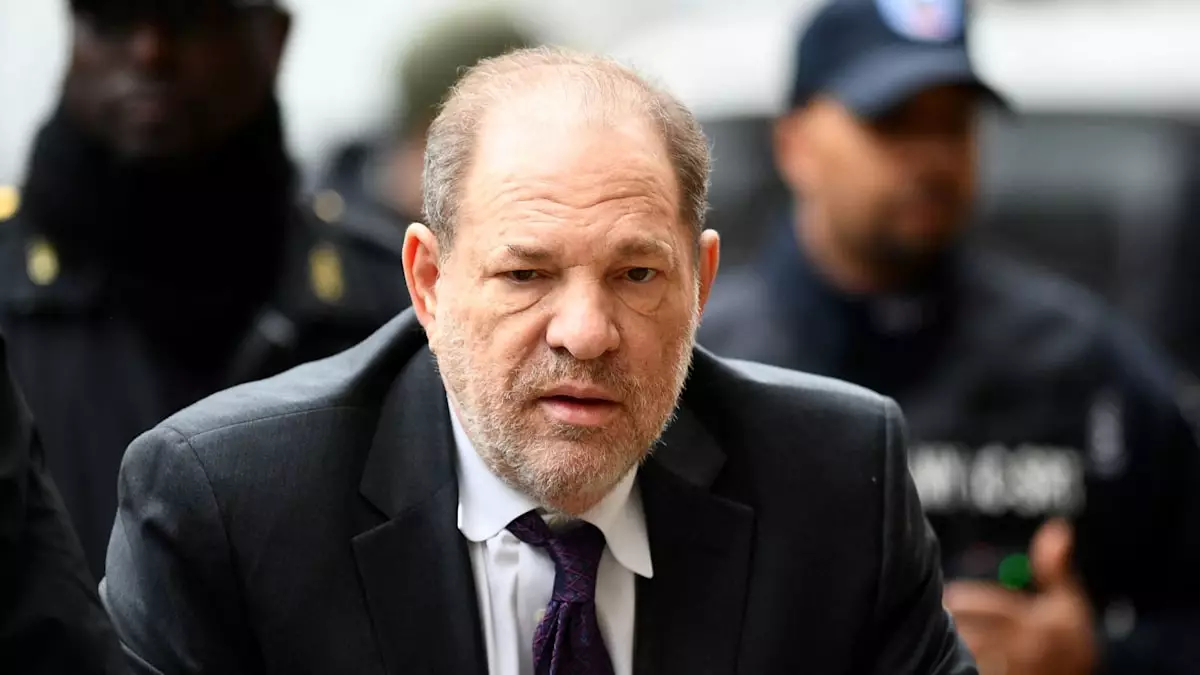The recent decision by New York’s highest court to overturn Harvey Weinstein’s 2020 conviction on felony sex crime charges has sent shockwaves through the MeToo movement. The 4-3 ruling by the New York Court of Appeals highlighted a crucial mistake made by the judge presiding over the trial, specifically concerning the prosecution’s strategy. The decision to allow a group of women who accused Weinstein of assault to testify, even though their allegations were not part of the charges on trial, was deemed an erroneous move by the court. This decision raises significant questions about the integrity of the trial and whether Weinstein truly received a fair process.
The implications of this ruling go beyond just the reversal of Weinstein’s conviction. The court’s determination that the former movie mogul did not receive a fair trial due to the inclusion of witness testimony unrelated to the charges at hand raises concerns about the judicial process. The majority opinion argued that the introduction of witnesses with allegations not directly related to the crimes Weinstein was being tried for skewed the jurors’ perception of the case. Instead of focusing on the specific charges against Weinstein, the jurors may have been swayed by his past behavior, leading to an unjust outcome.
The decision to overturn Weinstein’s conviction places the fate of his legal situation in limbo. While the possibility of a new trial looms, the final decision lies with Manhattan District Attorney Alvin L. Bragg. Amidst his other high-profile cases, including a trial against former President Donald Trump, Bragg holds the key to determining whether Weinstein will once again face the justice system. The complexity of Weinstein’s legal battles, coupled with the extensive history of allegations against him, creates a cloud of uncertainty over his future.
The saga of Harvey Weinstein’s legal battles is far from over. The overturned conviction in New York adds another layer of complexity to his already tarnished legacy. While Weinstein’s status as a “fully disgraced figure” in the court of public opinion is well-established, the legal intricacies of his case continue to spark debate and controversy. The prospect of a new trial raises important questions about the pursuit of justice and the proper application of the law in cases of sexual misconduct. As the legal drama unfolds, one thing remains clear – the Harvey Weinstein case is far from reaching a definitive conclusion.
The overturning of Harvey Weinstein’s 2020 conviction on felony sex crime charges represents a significant development in a case that has captivated the public’s attention for years. The decision by New York’s highest court to grant Weinstein a new trial based on errors in the original proceedings highlights the complexities of the justice system and the challenges of prosecuting high-profile individuals. As the legal saga continues to unfold, the true impact of this ruling on Weinstein’s future remains uncertain.

